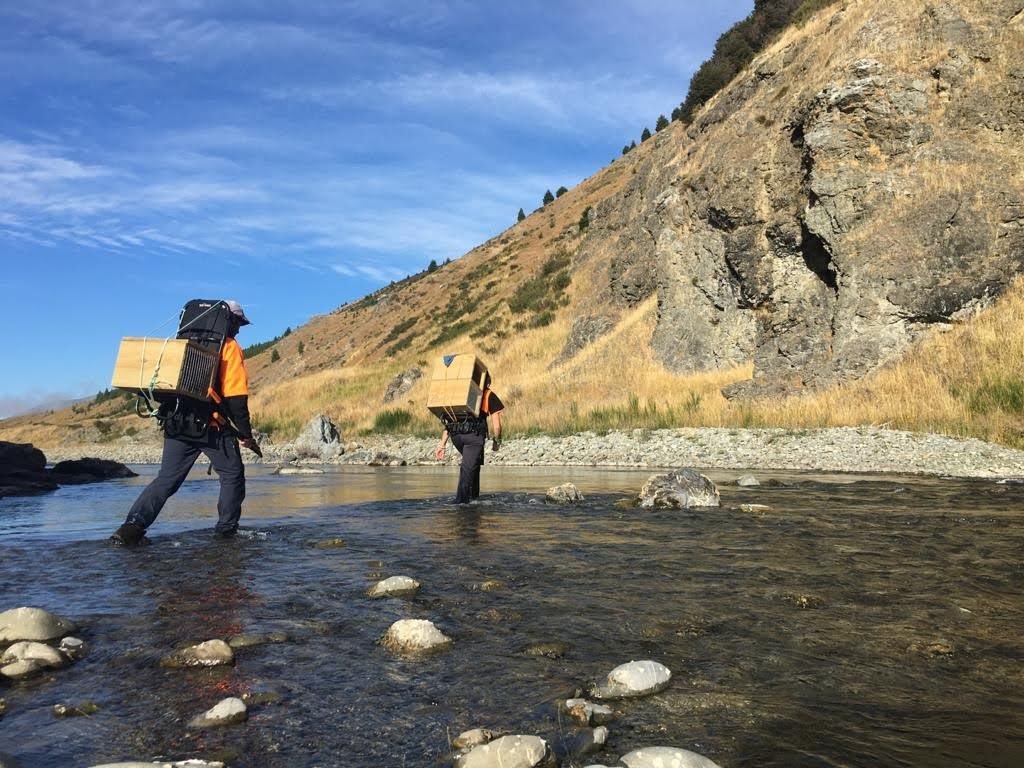ON THIS PAGE
Should my group have a formal structure?
There are several laws that apply to group structure. Groups can be formed as trusts, societies and companies, for example, or remain informal. What suits your group will depend on its size and purpose.

Groups that register as charities are exempt from paying some or all income tax. To qualify as a charitable trust you need to meet the criteria of the Charities Act 2005. Charitable trusts are governed by a board of trustees. You’ll need to register with the Department of Internal Affairs – Charities Services.
For groups with at least 15 members, another option is forming an incorporated society. ‘Incorporated’ means the group is its own legal entity. An incorporated society is run by its members, usually via a board or committee.
For more information, see the chart on Charities Services (about halfway down the page) that outlines the differences between an incorporated society and a charitable trust. Community Toolkit also has a downloadable chart comparing the different legal entities.
CommunityNet Aotearoa has guides for setting up an incorporated society or a registered charitable trust. See also our page on governance.
Lawyers and accountants are often good people to steer you in the right direction. Investing in some professional advice at the start will pay dividends as you will avoid problems in the future. Many of these people provide pro bono services to community groups and may already be involved in your project – ask amongst your supporters for these skills.
For groups working with tangata whenua (Māori), a relationship that incorporates a Treaty-based approach can still function under these legal entities. Also, make contact with your local hapū or iwi and arrange to visit them at the start of your project – find out how and whether they would like to be involved or not. They are often the best source of how to develop and maintain mutually beneficial, collaborative and enduring working relationships.
Do we have to pay tax on income, such as donations?
See above for certain exemptions, but it’s a good idea to contact the IRD and check your group’s specific obligations. See also their advice for non-profits.

What employment laws do I need to know about?
All groups have obligations under the Employment Relations Act if they hire staff.
(Community Toolkit outlines the differences between employees, volunteers and independent contractors.)
There are also health and safety laws and human rights laws to be aware of when recruiting and managing staff and volunteers. See our information on volunteers and health and safety, and also seven key elements of being a good employer (downloadable poster) from the Human Rights Commission.
What is a Māori land trust?
If your work involves Māori-owned land, you may need to set up a trust under the Māori Land Act. There are five different types of trust under the Act: pūtea, whānau, ahu whenua, whenua tōpū and kaitiaki. Make contact with your local iwi or hapū first and work with them.
Do I need a permit to use toxic baits?
Some toxins, such as cyanide, require a Controlled Substance Licence (CSL). See our introduction to bait stations for more information.
Do I need permission to get access to private or public land?
Once you know where your project area is, you need to check who owns the various parcels of land and get their permission for access as well as placement of your traps and bait stations. Doing this at the start of your project also helps with identifying any particular requirements such as where you access from and any health and safety factors that may need to be factored into your planning and inductions for the project team.
Permission will also be required for access to public land and land managers may have specific requirements for the use and placement of bait stations and traps.


